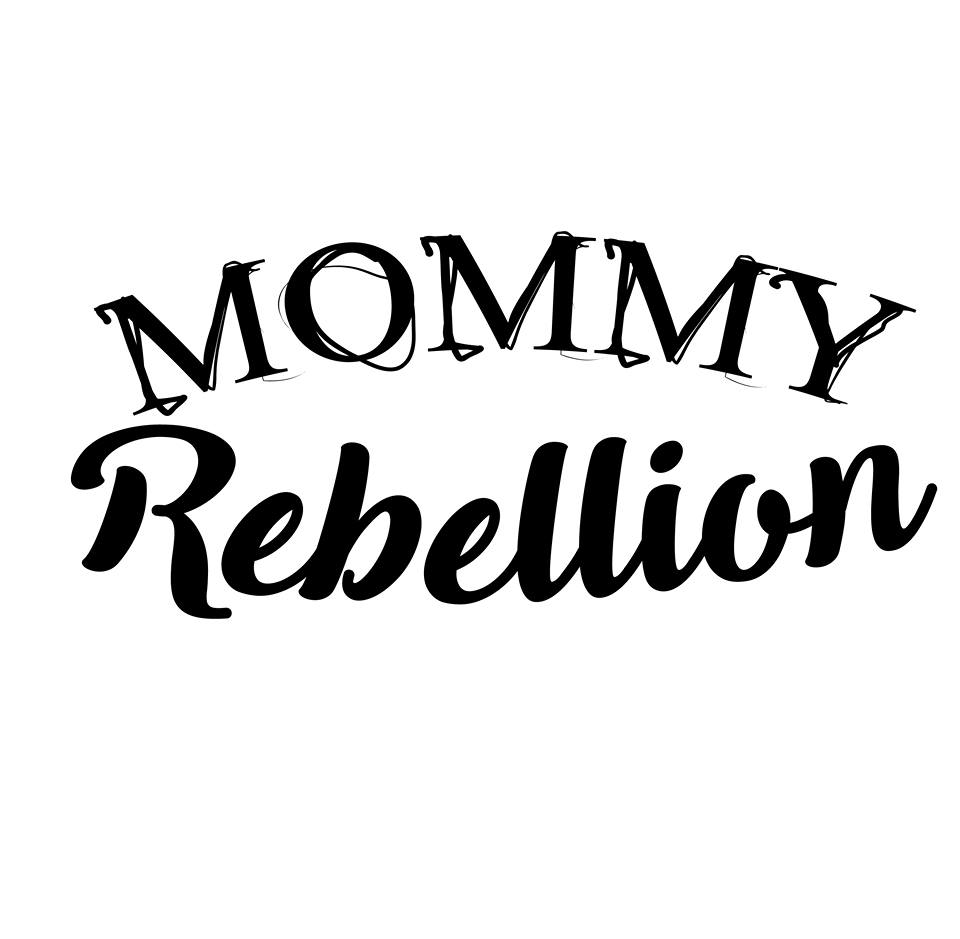But Does Unschooling Actually Work?
As someone who was unschooled myself and now unschooling my daughters, I think this is my favorite post of this 3 part series from Nikki Starcat Shields.
The most pressing of questions, does Unschooling actually work and was does it look like once they are adults?
P.S. We will be taking next week off from posts to enjoy the holidays, have a wonderful break everyone!

Okay, so you’ve read my two previous posts on unschooling, and you’re thinking, “Interesting. Sounds like a pretty good philosophy… But does it actually work?”
I’m here to say that yes, unschooling works.
I’ll be the first to tell you that it’s not for every family. Some kids thrive in the environment of a “traditional” public or private school. Others do well with homeschooling, but need the structure of a more top-down approach. Some families are in situations where the time and resources to unschool are simply not available.
As the Mom to two grown unschoolers, and friend to many others in the community, I can attest that, for families who choose to unschool, it does work.
What does that look like, once these kids are adults?
I know several unschoolers who’ve chosen to take the traditional route of attending college once they turn 18. Almost universally, they begin by doubting their ability to function within the structure of academia. And almost universally, they soon discover that they excel.
In my opinion, that’s because they weren’t forced to sit in a classroom for twelve years, learning about things that may or may not have interested them. Unlike their public-schooled peers, unschoolers are not bored and burnt out. Also, they are choosing to attend college to learn something particular.
My son’s comment during his first semester sums it up. He took a sociology class, and remarked to me that he and one other person (who was an older, non-traditional student) were the only ones speaking up during class discussions. “I just don’t get it – the topics are really interesting,” he said. I pointed out that most of the other kids were probably sick of the classroom setting already.
In my son’s case, he chose to attend a local community college and learn a trade. He studied heating and air conditioning systems – also known as HVAC. When he finished his program, he immediately had several job offers to choose from. He’s starting his career with no debt, a well-paying job, and a growing savings account.
Other unschoolers have chosen to follow their own paths outside of the college setting. One young woman is working as a nanny and loves it. My daughter, who is about to turn 19, just embarked on a new adventure. She moved across the country with her boyfriend and his family.
She and her boyfriend are about the same age, and their plan is to work for a year and establish residency in their new state, then attend college. My daughter wants to do digital art for virtual realities, so while working part-time in retail, she’s also devoting time to her creativity, and plans to take some community art classes to prepare herself for art school.
At least, that’s the current plan – she’s young, and full of enthusiasm for her changing interests. Which to me is quite normal. One of the huge benefits of unschooling is the freedom to follow one’s passions.
She and the other unschoolers I know have learned how to learn, in a way that works best for them, and feel confident in applying it to their ever-changing interests.
Some of the grown unschoolers in my community are traveling the world, others are entrepreneurs, and a few haven’t yet found their niche. They are writers, chefs, activists, and computer programmers.
Their life paths vary widely.
But overall, they have kept their natural curiosity about life, get along well with their families, and are thriving. The unschoolers I know are happy and love to learn. They are willing to embrace the unknown and follow their passions. They are able to be themselves, authentically.
What more could a parent hope for?

Nikki Starcat Shields is Mom to two grown unschoolers, a published author, and a licensed priestess. She blogs at Starcat’s Corner and shares her callings at Feline Dreamers. Want to learn about how to create a daily spiritual practice that works in your life? Check out her It’s Your Time video.

Recent Comments